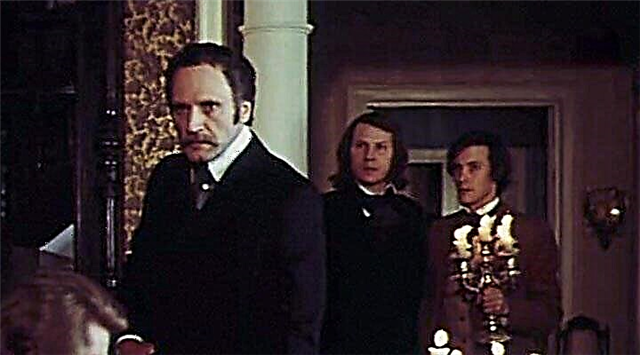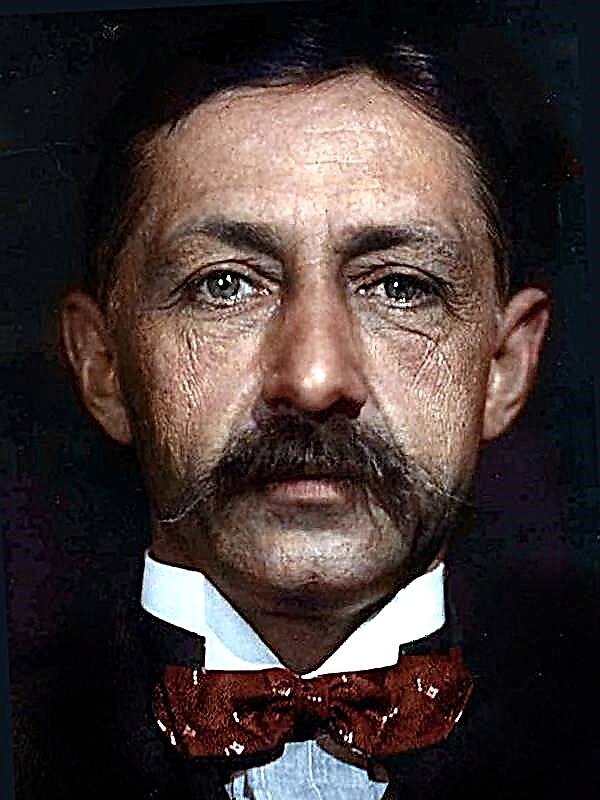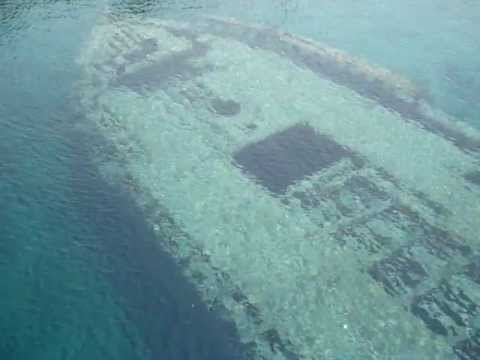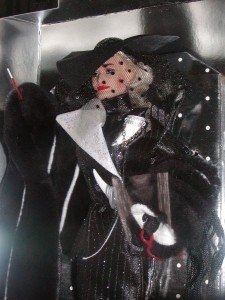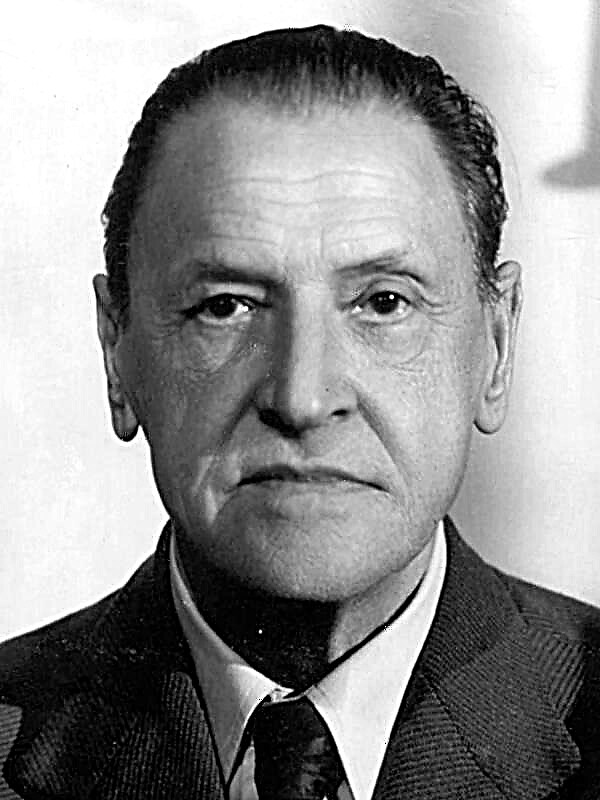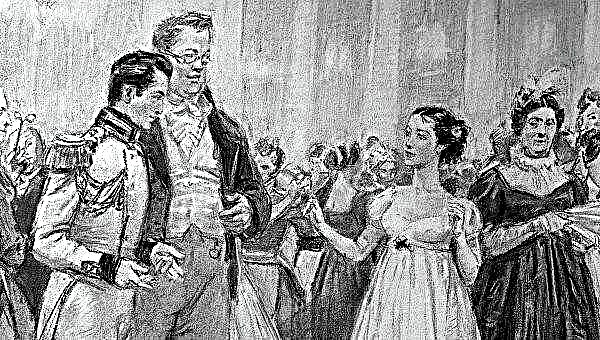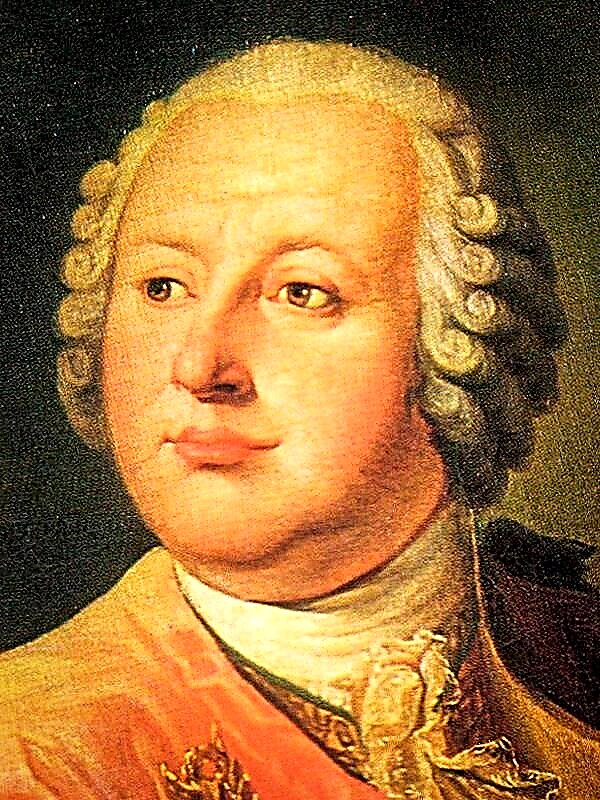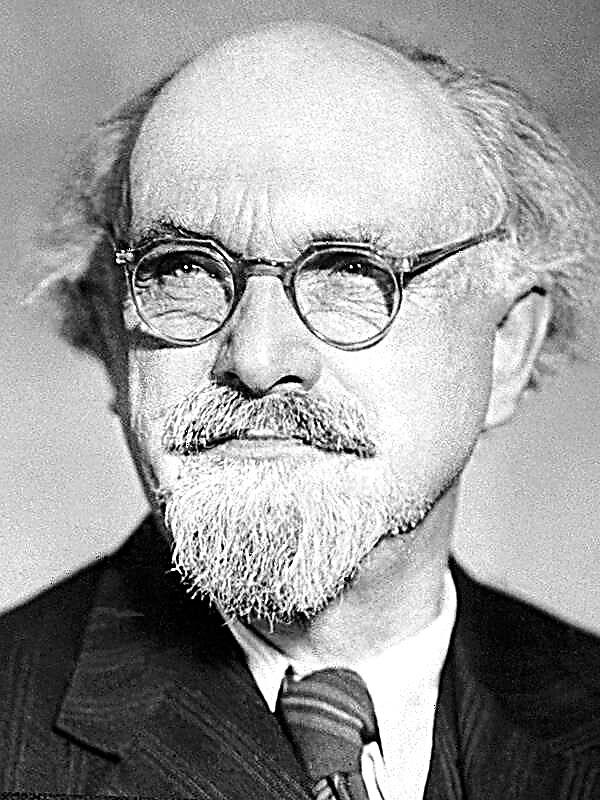: The narrator leads a Georgian prince in trouble to Tiflis. His companion does not work, lives off his fellow traveler and promises a good life upon arrival. Arriving in the city, he disappears without a trace.
In Odessa harbor, the narrator gets acquainted with the Georgian prince Shakro Ptadze. Fooled by a comrade, he was left without a livelihood. The narrator invites the Georgian to go on foot with him to the Crimea. He promises Shakro that he will either find a companion to him to Tiflis, or will personally go with him.
On the way, they get to know each other closer. Sharko Ptadze tells the storyteller about life in the Caucasus, about customs. These stories are interesting, but they amaze the narrator with the brutality and barbarism of Caucasians. The stories of a Georgian paint him in an unsightly light.
The narrator and Ptadze arrive in Crimea. The narrator works, feeds himself and his companion, while the Georgian evades from work, but he constantly pushes him as a comrade. Charcot earns only by collecting alms.
The narrator endures everything and forgives his companion, but once the Georgians inflict a strong offense on him. One evening, sitting at a fire, a Georgian begins to laugh at the narrator’s appearance, claiming that his mug is stupid like a ram. The insulted storyteller leaves his companion, but he catches up with him and apologizes to him.The narrator again forgives the Georgian.
Theodosius deceives their expectations, travelers go to Kerch, where there is also no opportunity to earn money to get to Tiflis. Then the narrator has a plan that he implements with the onset of darkness.
At night, travelers steal a boat and set sail. They almost die in the depths of the sea, but still get to the ground. Once on land, the satellites flee to the fire, which sparkles in front.
Dogs attack travelers, but shepherds drive them away, bring travelers to the fire, feed them and decide what to do. There are proposals to reduce them to the chieftain or to customs. The eldest of the shepherds decides to release the Georgian and the narrator, and send the boat in the morning back to Kerch.
The narrator receives bread and lard from the shepherds on the road, thanks them, which surprises the old man, and together with Ptadze sets off on the road to Anapa. On the way, the Georgians laugh, the narrator is interested in the reason for his fun. Shakro replies: “You know what I would do when we were pavel to this ataman-customs? Do you know? I would say about you: he drowned the men in the hotel! And I would cry. Then they would have spared men and would not have been sent to Turma. ”
Outraged by the cynicism of his companion, the narrator tries to prove to him the incorrectness of his judgments, but does not achieve success in this matter. Shakro does not understand the simple human laws of morality. A Georgian uses all the benefits that come from the narrator, promising him paradise in Tiflis.
They arrive in the Terek region.Shakro's clothes and shoes look deplorable, but his indefatigable appetite does not allow the narrator to save money on new clothes for the Georgian. Once in a village he pulls out five rubles from a storyteller’s bag, drinks them, and brings a woman. She begins to blame the narrator, demands money from him, which he allegedly took from a Georgian in Odessa, and threatens to reduce it to the military. With the help of three bottles of wine, the young man manages to avoid scandal.
Early in the morning, the narrator and the Georgians leave the village. On their way, rain falls. The narrator gives in to the mood and begins to sing, but Ptadze forbids him to continue. The Georgian tells his companion that he, Shakro, is a man, and the narrator is nobody. He promises to reward if he will continue to serve him.
Near Vladikavkaz, travelers are hired by the Circassians to collect corn. In this aul, Shakro steals Lezgin's kisei. This is already found out on the way to Tiflis. The narrator, having heard about the vengeance of the Circassians, takes the muslin from the Georgian and throws it onto the road. He again tries to explain to Ptadze that his deed is bad. He first listens in silence, and then attacks the narrator. Between them there is a short fight. Shakro stops her. They put up, rest and set off again.
Travelers get to Tiflis, but do not enter the city - Shakro persuades the narrator to wait until the evening, he is ashamed that he, the prince, is in rags. A Georgian takes a cap off from a friend in order not to be recognized, and asks to wait for a show jumping at the Verii bridge station.Georgian Prince Shakro Ptadze leaves, the narrator does not meet him anymore.

